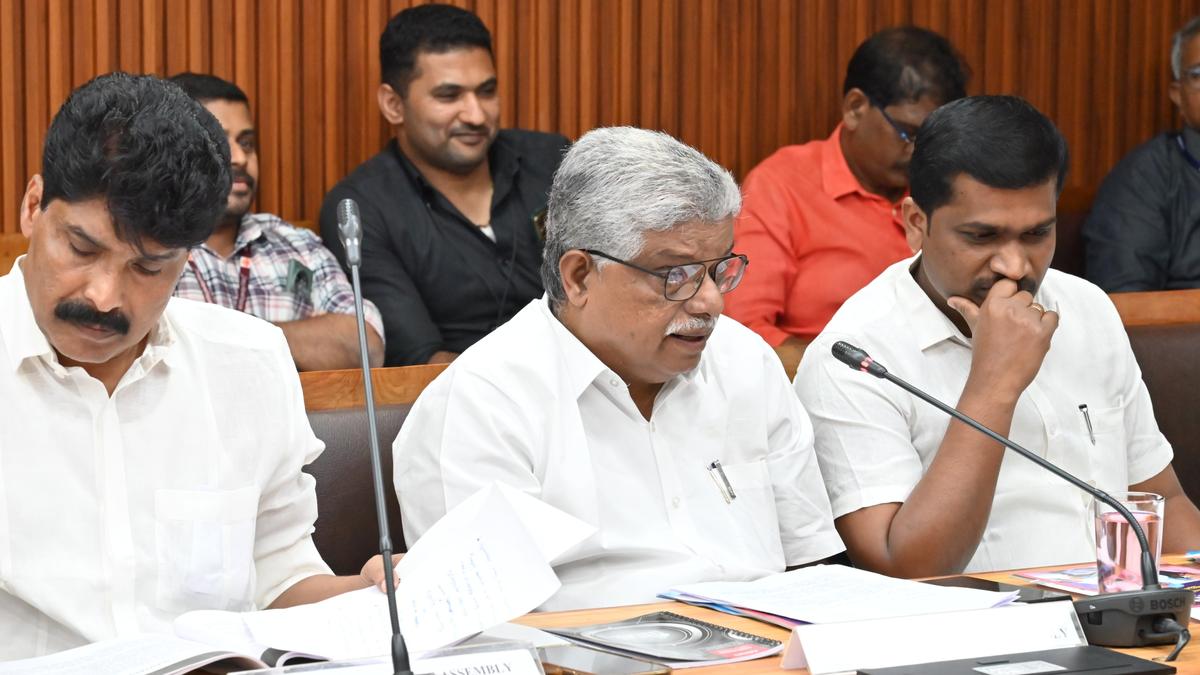The AP Chambers of Commerce & Industry Federation (AP Chambers) has requested the government to clear the industrial incentives amounting to nearly ₹5,000 crore as a one- time payment, at least by the end of this September, so that it will be a huge relief for them at a time when the threat of 50% U.S. tariffs is looming.
The setting up of an escrow account for remitting the incentives was a great idea, but the payment should be made at the earliest as it was overdue, AP Chambers president Potluri Bhaskar Rao said while addressing the media along with general secretary B. Raja Sekhar after a meeting of the AP Chambers’ Affiliates Council here on Thursday.
Mr. Bhaskar Rao said industries, especially Micro, Small & Medium Enterprises (MSMEs), were troubled by a steep rise in production costs in the recent years, and their plight was aggravated by the tariffs being imposed by the U.S. and the recent global economic slowdown induced by geopolitical tensions.
Spike in fuel, power costs
He pointed out that the spike in fuel and power costs was hurting the industries, accounting for a large chunk of the cost of logistics in Andhra Pradesh, which was 13% to 14%. The diesel prices were ₹6 to ₹7 more than in many other States.
Mr. Bhaskar Rao said the industrial power tariffs per unit in Andhra Pradesh were relatively higher by ₹11 to ₹12.
In this context, Chief Minister N. Chandrababu Naidu promised not to increase the tariffs and to possibly try bringing them down by up to ₹1 each over the next four years. If he could deliver on this promise, the resultant reduction in power costs would give a fillip to the industries, he added.
Further, Mr. Bhaskar Rao said the AP Chambers was appealing to the government to review the outdated norms related to pollution and fire clearances, and to consider giving NoCs once in five years, subject to self-certification, instead of making it a yearly compliance measure.
Commenting on the U.S. tariffs, Mr. Bhaskar Rao said the aquaculture and textile sectors were bound to suffer if the U.S. President went ahead with 50% tariffs and even rice exports (to the U.S.) would be badly affected.
The Union Government would do well to implement the GST reforms, restore some export subsidies that were scrapped, reduce the interest burden, provide working capital assistance and take other measures to help industries ride out the storm, while making free trade agreements with other countries, he suggested.



.png)
.png)
.png)
















 1 hour ago
2
1 hour ago
2








 English (US) ·
English (US) ·